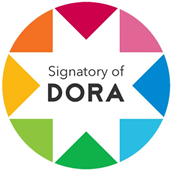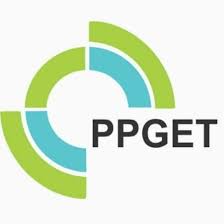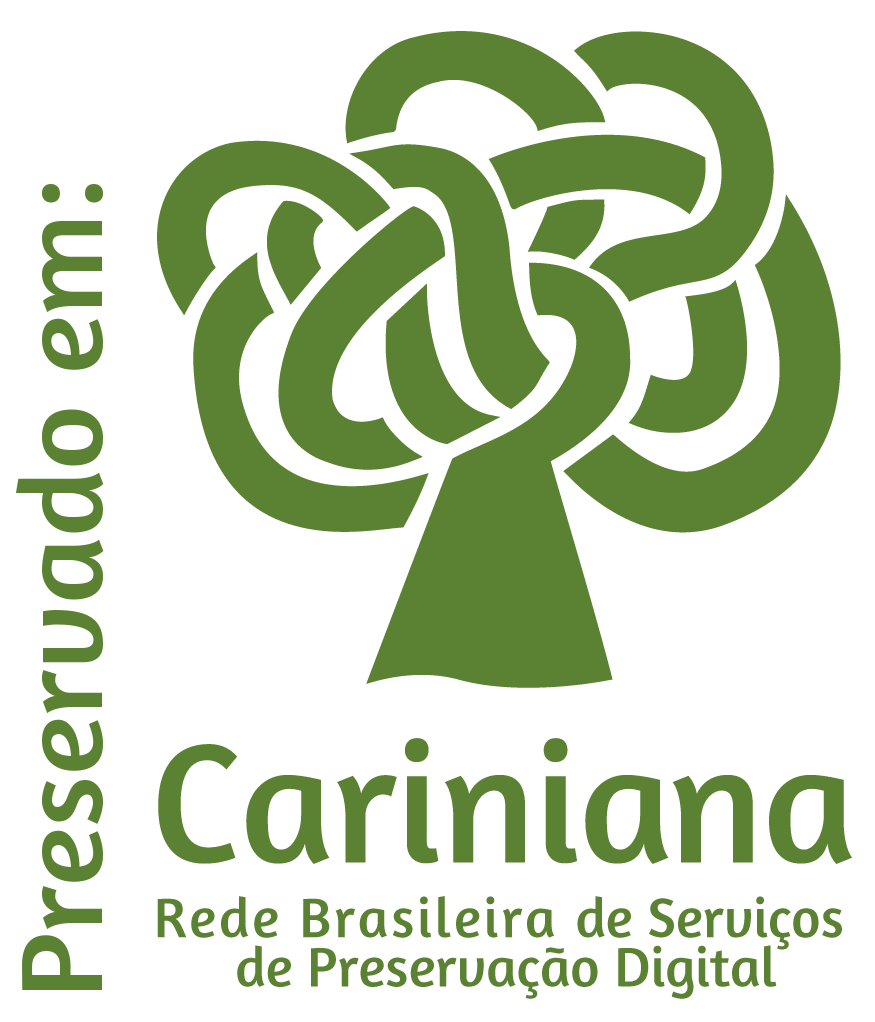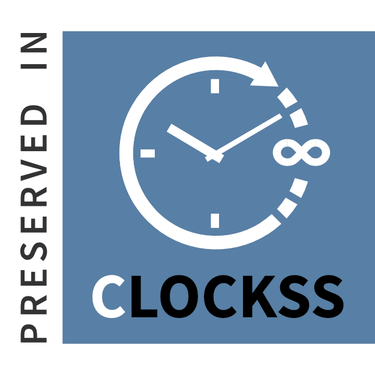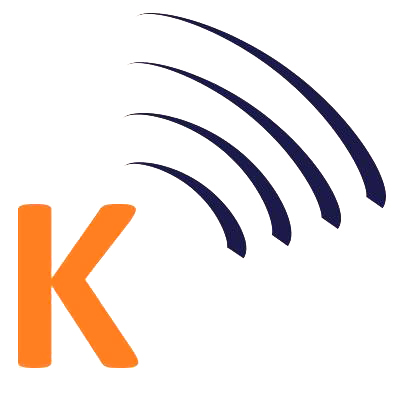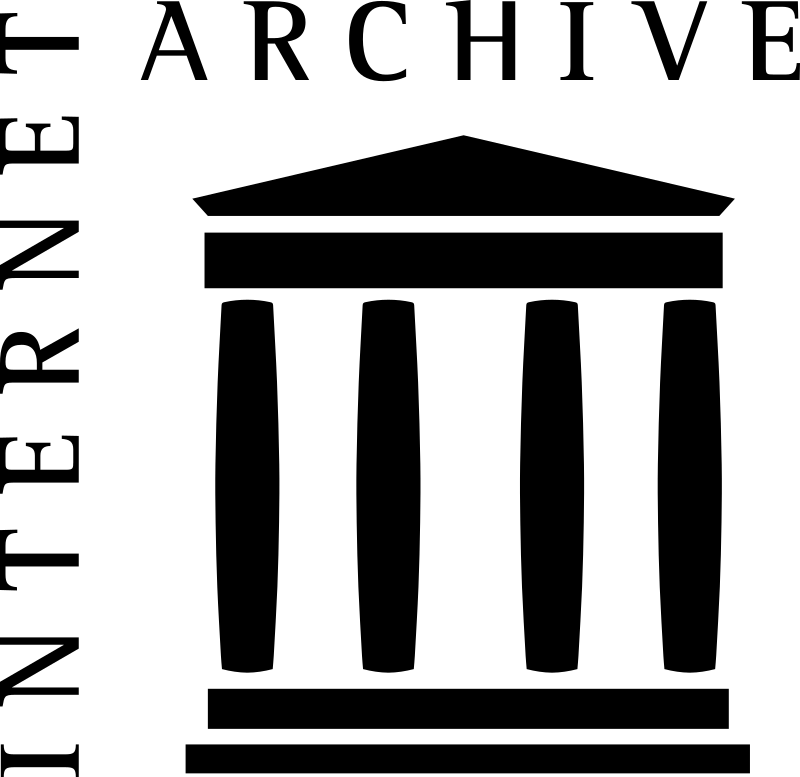Metodologias Ativas de Aprendizagem no Contexto de Ensino-Aprendizagem de Programação de Computadores
uma revisão sistemática da literatura
DOI:
https://doi.org/10.31417/educitec.v7.1598Palavras-chave:
Programação de computadores, Metodologias ativas, Ensino-Aprendizagem, Revisão sistemáticaResumo
Ao ter em vista o destaque do uso de metodologias ativas de aprendizagem e as possibilidades destas para o processo de ensino-aprendizagem de programação de computadores, bem como a ausência de estudos específicos que retratam o panorama atual de pesquisas que associam as diferentes técnicas pedagógicas de aprendizagem ativa a esse contexto, neste artigo se objetivou a identificar e caracterizar os estudos que relacionam as metodologias ativas de aprendizagem no contexto de ensino-aprendizagem de programação. Para isso, foi realizada uma revisão sistemática da literatura, entre os anos de 2014 e 2019. Por meio dessa pesquisa, selecionaram-se 38 estudos para compor a base da revisão, de forma a observar as abordagens, as técnicas pedagógicas utilizadas, a aplicação, as contribuições e as dificuldades relatadas de implementação de uso dessas metodologias no contexto já aludido.
Downloads
Métricas
Referências
ANDRES, Hayward P. Active teaching to manage course difficulty and learning motivation. Journal of Further and Higher Education, v. 43, n. 2, p. 1–16, 2017. Disponível em: <https://doi.org/10.1080/0309877X.2017.1357073>. Acesso em: 9 nov. 2020.
BERGMANN, Jonathan; SAMS, Aaron. Sala de aula invertida: uma metodologia ativa de aprendizagem. Rio de Janeiro: LTC, 2018.
BORGES, R. P. et al. A Systematic Review of Literature on Methodologies, Practices, and Tools for Programming Teaching. IEEE Latin America Transactions, v. 16, n. 5, p. 1468–1475, 2018. Disponível em: <https://doi.org/10.1109/TLA.2018.8408443>. Acesso em: 14 nov. 2020.
BULLARD, Lisa G.; FELDER, Richard M. A student-centered approach to teaching material and energy balances 2. Course delivery and assessment. 2007.
CAVANAGH, Michael. Students’ experiences of active engagement through cooperative learning activities in lectures. Active Learning in Higher Education, v. 12, n. 1, p. 23–33, 2011. Disponível em: <https://doi.org/10.1177/1469787410387724>. Acesso em: 3 nov. 2020.
DYBÅ, Tore; DINGSØYR, Torgeir. Empirical studies of agile software development: A systematic review. Information and Software Technology, v. 50, n. 9–10, p. 833–859, 2008. Disponível em: <https://doi.org/10.1016/j.infsof.2008.01.006>. Acesso em: 7 nov. 2020.
EBERSPACHER, Aline Mara Gumz et al. A Peer Instruction como Metodologia Inovadora na Prática Docente do Ensino Superior. In: 23o CIAED Congresso Internacional ABED de Educação a Distância. ABED, 2017. Disponível em: <https://doi.org/10.17143/ciaed/XXIIlCIAED.2017.00299>. Acesso em: 11 nov. 2020.
FELDER, Richard M; BRENT, Rebecca. LEARNING BY DOING. Chemical Engineering Education, v. 37, n. 4, p. 282–283, 2003.
FREEMAN, Scott et al. Active learning increases student performance in science, engineering, and mathematics. Proceedings of the National Academy of Sciences, v. 111, n. 23, p. 8410–8415, 2014. Disponível em: <https://doi.org/10.1073/pnas.1319030111>. Acesso em: 5 out. 2020.
FRYDENBERG, Mark. Flipping Excel. Information Systems Education Journal, v. 11, n. February, p. 63–73, 2013.
GALVÃO, Taís Freire; PEREIRA, Mauricio Gomes. Avaliação da qualidade da evidência de revisões sistemáticas. Epidemiologia e Serviços de Saúde, v. 24, n. 1, p. 775–778, 2015. Disponível em: <https://doi.org/10.5123/S1679-49742015000100019>. Acesso em: 13 nov. 2020.
IQBAL MALIK, Sohail; COLDWELL-NEILSON, Jo. Impact of a New Teaching and Learning Approach in an Introductory Programming Course. Journal of Educational Computing Research, v. 55, n. 6, p. 789–819, 2017. Disponível em: <https://doi.org/10.1177/0735633116685852>. Acesso em: 9 out. 2020.
KITCHENHAM, Barbara; CHARTERS, Stuart. Guidelines for performing systematic literature reviews in software engineering, version 2.3. School Comput. Sci. Math., Keele Univ., Keele, U.K., Rep. EBSE-2007-01, 2007.
LAAL, Marjan; LAAL, Mozhgan. Collaborative learning: what is it? Procedia - Social and Behavioral Sciences, v. 31, n. 2011, p. 491–495, 2012. Disponível em: <https://doi.org/10.1016/j.sbspro.2011.12.092>. Acesso em: 12 nov. 2020.
LAGE, Maureen J.; PLATT, Glenn J.; TREGLIA, Michael. Inverting the Classroom: A Gateway to Creating an Inclusive Learning Environment. The Journal of Economic Education, v. 31, n. 1, p. 30–43, 2000. Disponível em: <https://doi.org/10.1080/00220480009596759>. Acesso em: 4 nov. 2020.
LUXTON-REILLY, Andrew et al. Introductory programming: a systematic literature review. In: Proceedings Companion of the 23rd Annual ACM Conference on Innovation and Technology in Computer Science Education - ITiCSE 2018 Companion. NY, USA: ACM Press, 2018. p. 55–106. Disponível em: <https://doi.org/10.1145/3293881.3295779>. Acesso em: 7 nov. 2020.
MAZUR, Eric. Peer Instruction: a revolução da aprendizagem ativa. Penso Editora, 2015.
MAZUR, Eric; SOMERS, Mark D. Peer Instruction: A User’s Manual. American Journal of Physics, v. 67, n. 4, p. 359–360, 1999. Disponível em: <https://doi.org/10.1119/1.19265>. Acesso em: 12 nov. 2020.
MEDEIROS, Rodrigo Pessoa; RAMALHO, Geber Lisboa; FALCAO, Taciana Pontual. A Systematic Literature Review on Teaching and Learning Introductory Programming in Higher Education. IEEE Transactions on Education, v. 62, n. 2, p. 77–90, 2019. Disponível em: <https://doi.org/10.1109/TE.2018.2864133>. Acesso em: 4 nov. 2020.
MICHAEL, Joel. Where’s the evidence that active learning works? Advances in Physiology Education, v. 30, n. 4, p. 159–167, 2006. Disponível em: <https://doi.org/10.1152/advan.00053.2006>. Acesso em: 9 nov. 2020.
MINIFIE, Roberta J; DAVIS, Kathryn. Ensuring Gen Y Students Come Prepared for Class; then Leveraging Active Learning Techniques to Most Effectively Engage Them. American Journal of Business and Management, v. 2, n. 1, p. 13–19, 2013. Disponível em: <https://doi.org/10.11634/216796061302228>. Acesso em: 1 nov. 2020.
MITCHELL, Alanah; PETTER, Stacie; HARRIS, Al. Learning by Doing: Twenty Successful Active Learning Exercises for Information Systems Courses. Journal of Information Technology Education: Innovations in Practice, v. 16, n. 1, p. 021–046, 2017. Disponível em: <https://doi.org/10.28945/3643>. Acesso em: 12 out. 2020.
NOORDIN, Khair et al. Problem?Based Learning (PBL) and Project?Based Learning (PjBL) in Engineering Education: A Comparison. In: Proceedings of the IETEC’11 Conference. Kuala Lumpur, Malaysia, 2011.
O’FLAHERTY, Jacqueline; PHILLIPS, Craig. The use of flipped classrooms in higher education: A scoping review. Internet and Higher Education, v. 25, p. 85–95, 2015. Disponível em: <https://doi.org/10.1016/j.iheduc.2015.02.002>. Acesso em: 6 nov. 2020.
PATTANAPHANCHAI, Jarutas. An investigation of students’ learning achievement and perception using flipped classroom in an introductory programming course: A case study of Thailand higher education. Journal of University Teaching and Learning Practice, v. 16, n. 5, 2019.
PENG, Jun; WANG, Minhong; SAMPSON, Demetrios. Scaffolding Project-Based Learning of Computer Programming in an Online Learning Environment. In: IEEE 17th International Conference on Advanced Learning Technologies (ICALT). IEEE, 2017. p. 315–319. Disponível em: <https://doi.org/10.1109/ICALT.2017.17>. Acesso em: 17 nov. 2020.
PRINCE, Michael. Does Active Learning Work? A Review of the Research. Journal of Engineering Education, v. 93, n. 3, p. 223–231, 2004. Disponível em: <https://doi.org/10.1002/j.2168-9830.2004.tb00809.x>. Acesso em: 14 nov. 2020.
QIAN, Yizhou; LEHMAN, James. Students’ Misconceptions and Other Difficulties in Introductory Programming: A Literature Review. ACM Transactions on Computing Education, v. 18, n. 1, p. 1–24, 2017. Disponível em: <https://doi.org/10.1145/3077618>. Acesso em: 19 nov. 2020.
RICHARDSON, Daniel. Don’t dump the didactic lecture; fix it. Advances in Physiology Education, v. 32, n. 1, p. 23–24, 2008. Disponível em: <https://doi.org/10.1152/advan.00048.2007>. Acesso em: 20 out. 2020.
ROBINS, Anthony V. Novice Programmers and Introductory Programming. In: THE CAMBRIDGE HANDBOOK OF COMPUTING EDUCATION RESEARCH. Cambridge University Press, 2019. p. 327–376. Disponível em: <https://doi.org/10.1017/9781108654555.013>. Acesso em: 16 nov. 2020.
ROEHL, Amy; REDDY, Shweta Linga; SHANNON, Gayla Jett. The Flipped Classroom: An Opportunity To Engage Millennial Students Through Active Learning Strategies. Journal of Family & Consumer Sciences, v. 105, n. 2, p. 44–49, 2013. Disponível em: <https://doi.org/10.14307/JFCS105.2.12>. Acesso em: 8 nov. 2020.
SIMON et al. Pass Rates in Introductory Programming and in other STEM Disciplines. In: Proceedings of the Working Group Reports on Innovation and Technology in Computer Science Education. NY, USA: ACM, 2019. p. 53–71. Disponível em: <https://doi.org/10.1145/3344429.3372502>. Acesso em: 15 nov. 2020.
SOUZA, Draylson Micael; BATISTA, Marisa Helena da Silva; BARBOSA, Ellen Francine. Problemas e Dificuldades no Ensino de Programação: Um Mapeamento Sistemático. Revista Brasileira de Informática na Educação, v. 24, n. 1, p. 39, 2016. Disponível em: <https://doi.org/10.5753/rbie.2016.24.1.39>. Acesso em: 12 nov. 2020.
VIHAVAINEN, Arto; AIRAKSINEN, Jonne; WATSON, Christopher. A systematic review of approaches for teaching introductory programming and their influence on success. In: Proceedings of the tenth annual conference on International computing education research - ICER ’14. NY, USA: ACM Press, 2014. p. 19–26. Disponível em: <https://doi.org/10.1145/2632320.2632349>. Acesso em: 25 out. 2020.
WANG, Hsiu-Ying; HUANG, Iwen; HWANG, Gwo-Jen. Comparison of the effects of project-based computer programming activities between mathematics-gifted students and average students. Journal of Computers in Education, v. 3, n. 1, p. 33–45, 2016. Disponível em: <https://doi.org/10.1007/s40692-015-0047-9>. Acesso em: 11 nov. 2020.
WATSON, Christopher; LI, Frederick W.B. Failure rates in introductory programming revisited. In: Proceedings of the 2014 conference on Innovation & technology in computer science education - ITiCSE ’14. NY, USA: ACM Press, 2014. p. 39–44. Disponível em: <https://doi.org/10.1145/2591708.2591749>. Acesso em: 22 out. 2020.
Downloads
Publicado
Como Citar
Edição
Seção
Licença

Este trabalho está licenciado sob uma Licença Internacional Creative Commons Attribution 4.0
Esta licença permite que outros compartilhem, copiem, redistribuam o material em qualquer meio ou formato, adaptem, remixem, transformem e desenvolvam o material a partir do seu trabalho, mesmo que comercialmente, atribuindo o devido crédito e fornecendo um link para a licença.
Os artigos publicados são de propriedade e inteira responsabilidade dos seus autores, que poderão dispor deles para posteriores publicações, sempre fazendo constar a edição original, não cabendo qualquer responsabilidade legal sobre seu conteúdo à Revista EDUCITEC.
Accepted 2021-06-30
Published 2021-07-05







